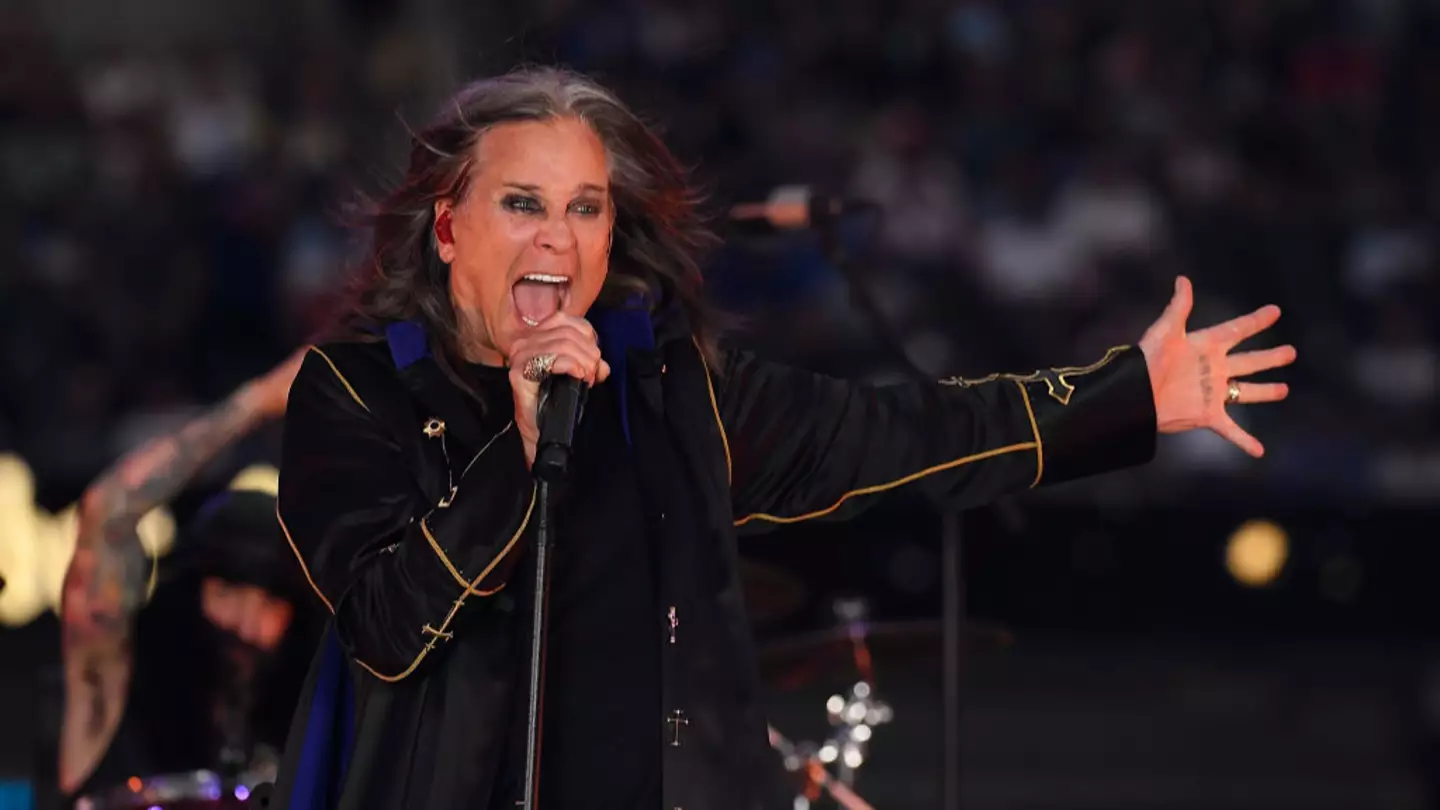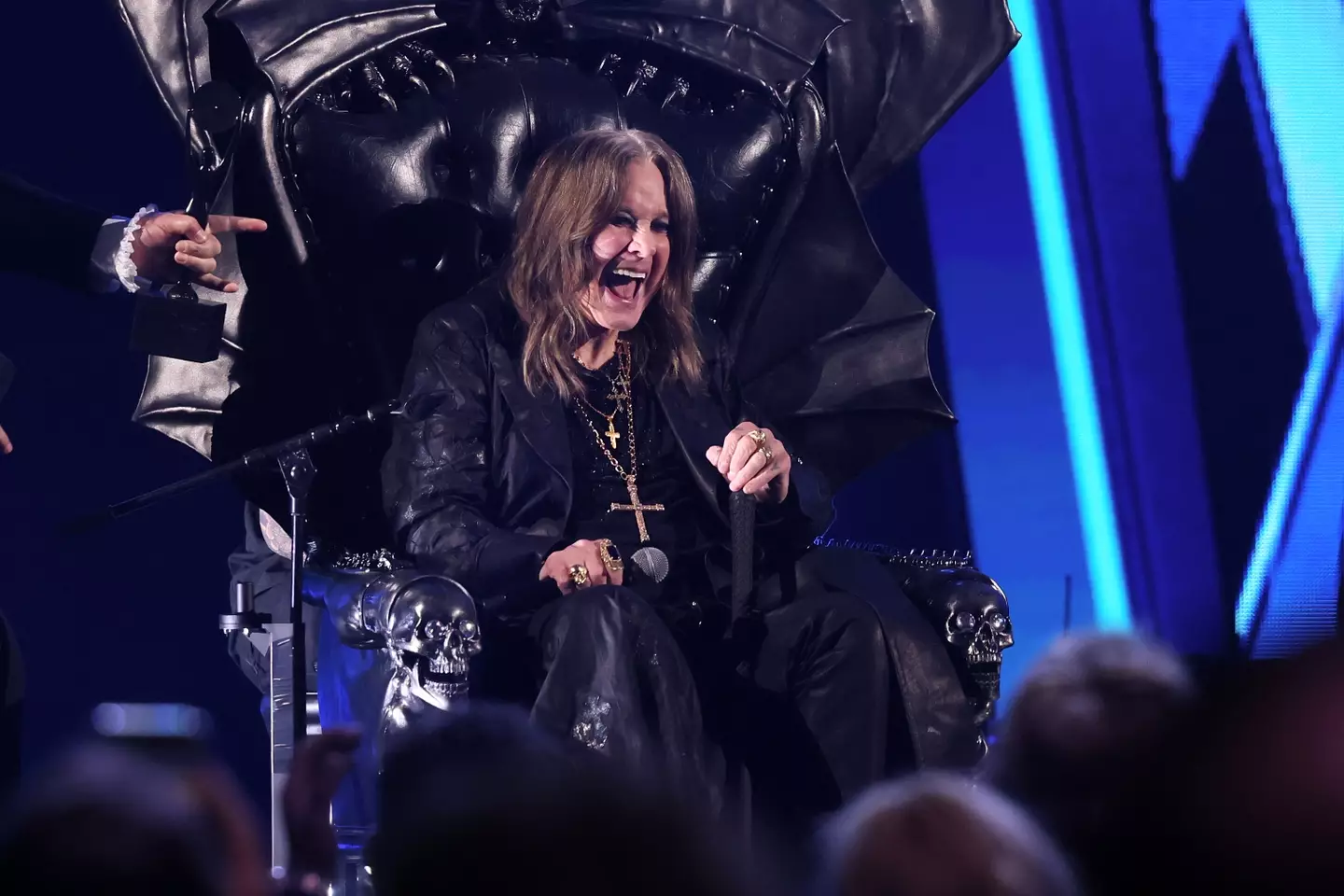
Ozzy Osbourne has died at the age of 76, some six years after being diagnosed with Parkinson's.
The Black Sabbath frontman passed away 'surrounded by love' at his UK home on Tuesday (July 22).
His family confirmed the sad news in a statement, which read: "It is with more sadness than mere words can convey that we have to report that our beloved Ozzy Osbourne has passed away this morning.
"He was with his family and surrounded by love. We ask everyone to respect our family privacy at this time."
Advert
The 'Crazy Train' legend performed an emotional final show in his hometown of Birmingham, England, just 17 days before his death.
It saw Black Sabbath reunite for the first time in 20 years - and raised $190 million for charity.

Although, the singer's appearance came amid ongoing health concerns.
Ozzy had undergone multiple surgeries to fix a metal rod in his back which had become dislodged after a fall in 2019.
He told the Rolling Stone his second operation in 2023 went 'drastically wrong' and 'virtually left [him] crippled'.
While Ozzy's cause of death has not yet been confirmed, he was also diagnosed with Parkinson's disease (PD) in 2019.
The neurodegenerative condition mainly affects the dopamine-producing neurons in a specific area of the brain, getting progressively worse as different areas of the brain become damaged over time.
Some 1.1 million people in the US have been diagnosed with PD, according to the Parkinson's Foundation.
What are the symptoms of Parkinson's disease?

There are three 'tell tale' signs of Parkinson's which helps doctor make a diagnosis, the Parkinson's Foundation says.
These are:
- Slowness of movement, known as bradykinesia
- Tremors, involuntary shaking on trembling movements
- Rigidity, abnormal stiffness of the arms or legs
Bradykinesia plus either tremor or rigidity must be present for a PD diagnosis to be considered.
Other physical symptoms might include excessive drooling, stooped posture and even, unusually, smaller handwriting.
Parkinson's patients might also experience repetitive muscle twisting, spasm or cramp, reduced facial expression known as 'masking', trouble moving or walking and difficulty balancing.
More subtle Parkinson's disease symptoms
While people might think Parkinson's only affects movement, this isn't at all true.
In fact, the Parkinson's Foundation highlights 'non-movement' symptoms can be more distressing than those that impact movement.
These more subtle symptoms can include mental health issues such as apathy, depression and anxiety, as well as sleep disorders that see people 'act out dreams' physically, sometimes aggressively.
Difficulties with speech and swallowing, trouble with memory and focus, as well as constipation, nausea and difficulty controlling the bladder are also noted as symptoms.
If you have any concerns, then contact your doctor.
Topics: Health, Ozzy Osbourne, Celebrity